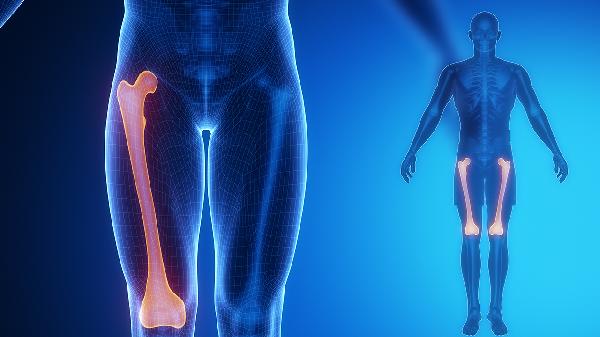If you're serious about packing on muscle, nailing your macros is non-negotiable. Think of it like fueling a high-performance sports car—you wouldn’t put low-grade gas in a Ferrari and expect peak performance, right? Your body works the same way. Hitting the right balance of protein, carbs, and fats is the secret sauce to maximizing gains, recovery, and energy levels. Let’s break it down so you can stop guessing and start growing.

Protein: The Building Blocks of Muscle
Protein is the MVP of your macros—it repairs and builds muscle tissue after you’ve shredded it in the gym. Aim for 1 to 1.2 grams of protein per pound of body weight if you're bulking or maintaining. If you're cutting, bump it up to 1.2 to 1.5 grams to preserve muscle while shedding fat.
But not all protein is created equal. Whey protein is great post-workout for fast absorption, while casein (found in cottage cheese or Greek yogurt) digests slower, making it perfect before bed. And don’t sleep on whole-food sources like chicken, eggs, and lean beef—they pack extra nutrients that shakes can’t match.
Carbs: Your Energy Powerhouse
Carbs get a bad rap from the keto crowd, but if you’re lifting heavy, you need them—period. They replenish glycogen stores, fuel intense workouts, and even help shuttle nutrients into your muscles. Aim for 2 to 3 grams of carbs per pound of body weight, adjusting based on your goals.
Timing matters too. Fast-digesting carbs (like rice, oats, or fruit) are ideal around workouts, while slower-digesting options (sweet potatoes, quinoa) keep energy steady throughout the day. And if you’re in a cut, cycling carbs—higher on training days, lower on rest days—can help maintain performance while leaning out.
Fats: The Unsung Hero
Fats aren’t just for hormone production—they also keep you full, support joint health, and help absorb fat-soluble vitamins (A, D, E, K). Aim for 0.4 to 0.6 grams per pound of body weight, focusing on healthy sources like avocados, nuts, olive oil, and fatty fish.
Don’t fear saturated fats (like those in eggs and red meat) either—they play a role in testosterone production, which is crucial for muscle growth. Just balance them with unsaturated fats to keep your heart happy.
Putting It All Together
Now, let’s talk numbers. Say you’re a 180-pound lifter looking to bulk:
Adjust based on how your body responds. If you’re gaining too much fat, dial back the carbs slightly. If you’re always drained, bump them up.
Pro Tips for Macro Mastery
Bottom line? Dialing in your macros is like tuning an instrument—once you find the right balance, everything just works better. Now go crush those gains.
























